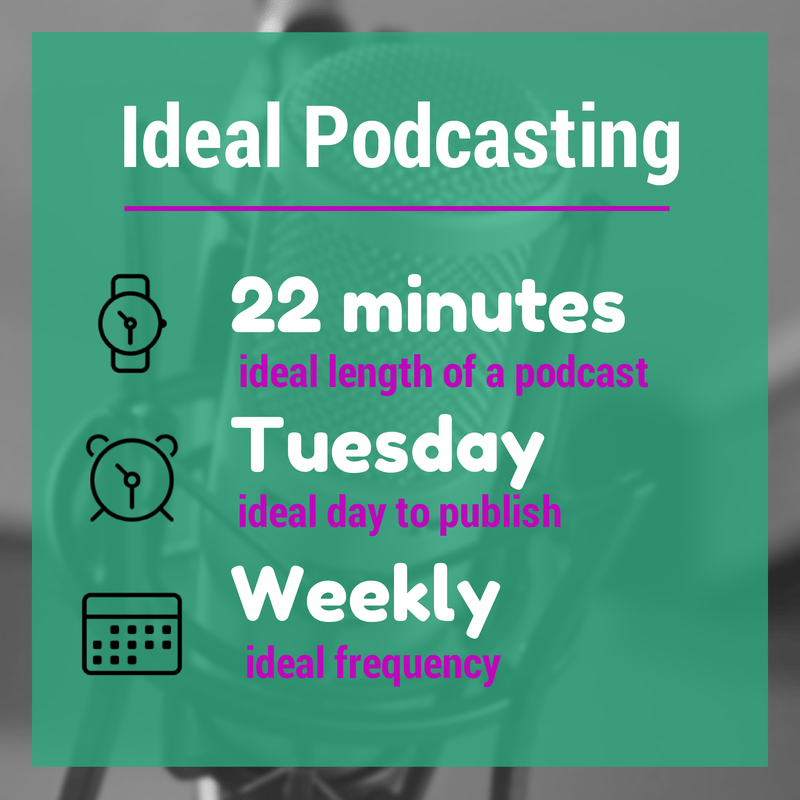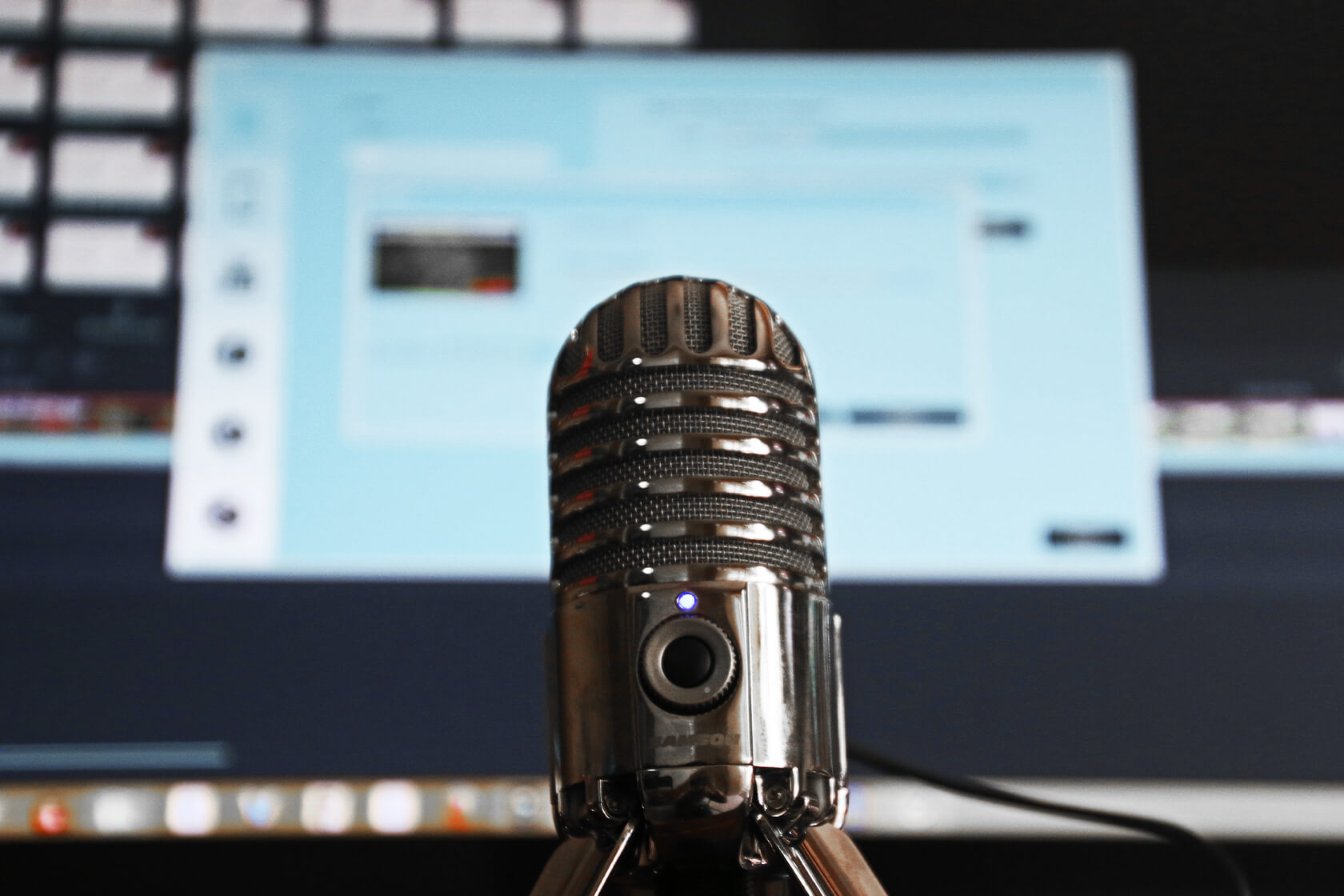Part
01
of one
Part
01
Podcast Hypothesis Testing
Key Takeaways
- 4 0% of the top 25 podcasts publish once per week, on a regular posting schedule.
- Podcast listeners are noted to be extremely loyal, and more likely to check back in frequently for new content.
- Similar to television episodes airing once a week, a weekly format helps listeners associate a day of the week with new podcast episodes.
Introduction
In order to provide information on the whether a weekly podcast in financial services or business would get more listens or downloads than a monthly podcast, we've pulled data related to recommended frequency of podcasts, average podcast listeners based on frequency of publication, and other related relevant statistics and data points. Because there was limited data specific to financial service and investment podcasts, we primarily focused on including relevant stats and data points on podcasts in general, and including secondary information specific to these categories.
Podcast Frequency Data
- The next common frequency of top podcasts is twice a week.
- A source on podcast best practices notes that a combination of frequency and consistency in day of publishing helps weekly listeners remember to tune in.
- Similar to television episodes airing once a week, a weekly format helps listeners associate a day of the week with new podcast episodes.
- One source notes it's easier to build anticipation with weekly podcasts, as creators can drop "sound snippet on social media mid-week" to remind listeners to tune in to upcoming episodes.
- Another source noted that 35% of all podcasts publish between every 3 to 7 days.
- 26% of Americans have listened to a podcast in the last week, with the average amount of podcasts listened to by this group per week being 8.
- Listeners are more likely to have time to tune in to a 15-30 minute weekly episode than a 60-90 minute monthly episode , so weekly can allow for the inclusion of more content.
- Podcast listeners are noted to be extremely loyal, and more likely to check back in frequently for new content, so more frequently aired episodes are likely to gain more attention.
- It's also noted that weekly podcast airing also is an optimal timing 'build buzz' by allowing publishers to keep a topic or business in the mind of their audience throughout the whole week, boosting brand awareness.
Additional Factors Influencing Podcast Publication Frequency
- Topic time sensitivity is another reason to publish more frequently, as podcasts about current news or trending topics should be released in proximity to the topic, rather than several weeks after.
- Non-time sensitive or evergreen podcast content can be published less frequently and still have impact.
- Podcast length should also be considered. It's recommended shorter episodes be released weekly or bi-weekly, vs. longer format which are typically released monthly.
- Guest spots should also be considered, as solo podcasts or podcasts with only one guest are more able to be created and published quickly, whereas round table format podcasts require more coordination and time to produce.
Other Relevant Data
- Of the twenty five most popular podcasts, only three podcasts lacked a regular posting schedule, showing that posting with a predictable rhythm is preferred by listeners.
- The ideal day to publish a weekly podcast is Tuesday.
- Of all podcasts with a regular schedule, sixty percent post early in the week (before Wednesday).
- Based on the top 25 most frequently downloaded weekly podcasts, the ideal length of a weekly podcast is 22 minutes.
Research Strategy
For this research on podcast frequency, we leveraged the most reputable sources of information that were available in the public domain, including marketing and content experts, business media, as well as podcast production expert sources. Because there was limited data specific to financial service and investment podcasts, we primarily focused on including relevant stats and data points on podcasts in general.


